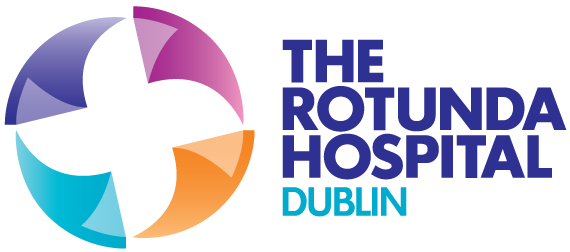The Rotunda hospital promotes breastfeeding as the healthy way a woman can feed her baby. Research shows that breastfeeding can really help to start your baby off on the road to good health.
The World Health Organisation (WHO) states that breastfeeding is the best form of nutrition for infants and recommends exclusive breastfeeding for the first six months of life and thereafter infants should receive complementary foods with continued breastfeeding up to 2 years of age or beyond.
